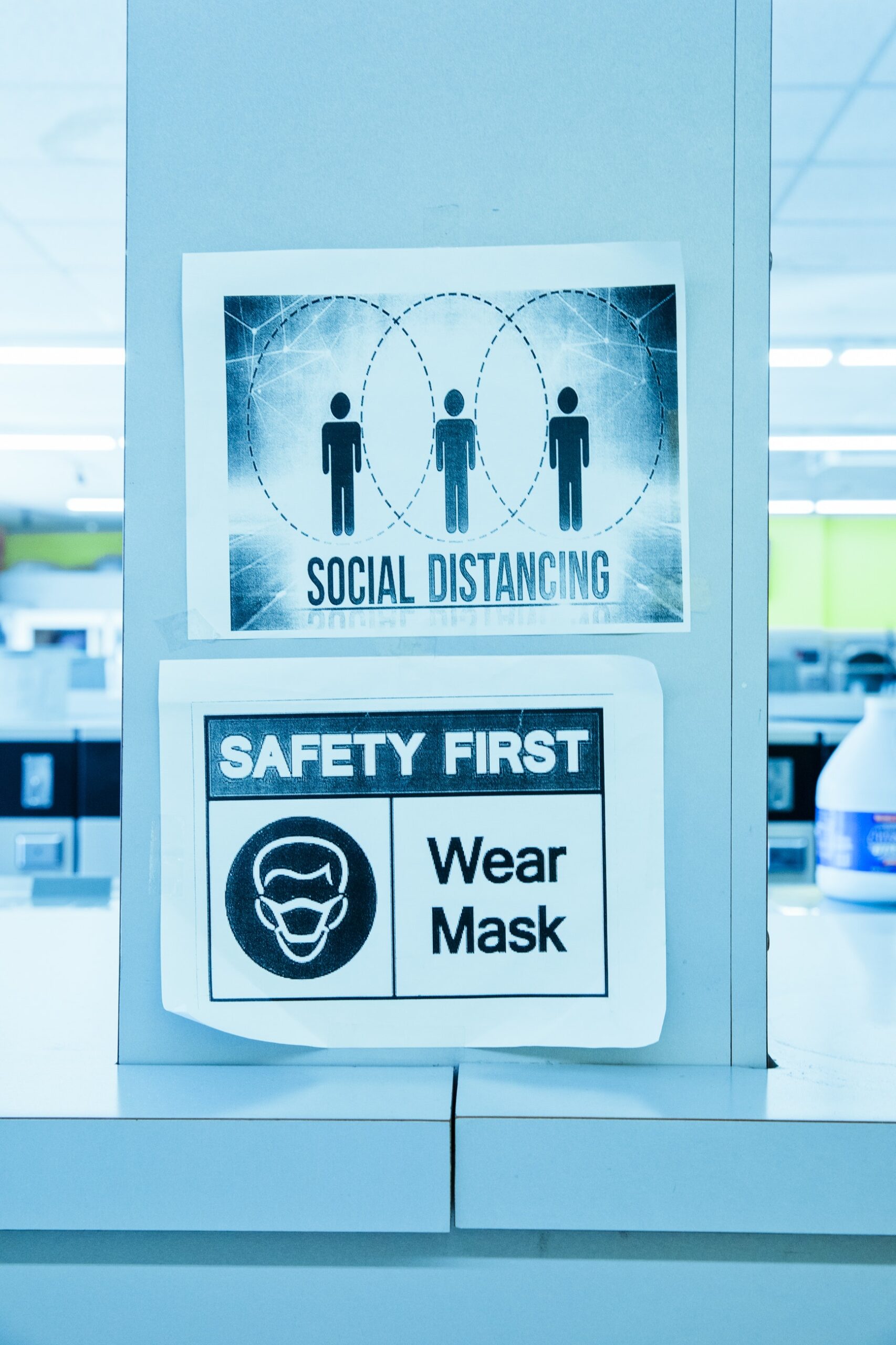 Worried about going to work in an unsafe workplace?
Worried about going to work in an unsafe workplace?
In the current coronavirus situation, here are some of the things your employer should do:
- Allow space in the workplace for social distancing
- Provide PPE for jobs that involve close contact with other people
- Ensure surfaces are cleaned regularly
- Ensure shared equipment is cleaned between each use
- Provide cleaning materials for use during working hours
If you think there are risks in your workplace, you might have refused to attend.
If this led to your employer dismissing you or reducing your pay, or it led to you being bullied or ill-treated at work, you can take legal action against them. We might then be able to help you get reinstated to your former role, reach a fair settlement agreement, or make a claim for compensation at the tribunal.
This article explains more.
Unsafe workplace? How the law protects you
Health Protection (Coronavirus) Regulations 2020
This legislation confirms that coronavirus presents a serious and imminent danger to public health.
Health and Safety at Work Act 1974
Employers have a responsibility to keep their employees safe.
Employment Rights Act 1996
Employees have the right to be provided with a safe working environment, and the right to protect themselves and others. This means they can leave the workplace and refuse to return until any immediate danger has passed.
If employees stay home due to an unsafe workplace, they can’t be punished or suffer losses. That is, they are entitled to be paid 100% of their usual salary while at home, and can’t be legally dismissed.
This law covers people who are in good health as well as anyone classed as clinically vulnerable to coronavirus. It applies to all employees, not just those who have worked there for two years or more. It also covers people who are self-isolating due to coronavirus – in this case, your employer is allowed to discipline you, but not dismiss you.
Equality Act 2010
Your employer should have offered you furlough leave if you are an older person or have an underlying health condition. If they didn’t, it might count as age or disability discrimination.
Unsafe workplace? Questions to consider
Are you at high or moderate risk?
Do you live with someone who is clinically vulnerable?
Did you refuse to go to work because you thought it was unsafe?
Does your employer disagree that the workplace is unsafe and refuse to let you work from home?
Did your employer force you onto the furlough scheme?
Did your employer refuse to furlough you?
Were you sent home without pay?
Did you opt to self-isolate?
Did you only receive SSP?
Did they refuse to pay you at all?
Were you bullied or harassed because you chose to stay home?
Did your employer only keep you on if you took a pay cut?
Were you dismissed because of your health & safety concerns?
Were you made redundant but in a procedurally unfair way?
What this means to you
The pandemic is so recent that the laws mentioned above have not yet been tested with regard to coronavirus.
To make a claim, you’ll need to provide evidence that proves the workplace is unsafe, such as photos of people working within 2 meters of each other. You’ll also need to demonstrate that the reason you were dismissed was because you refused to attend an unsafe workplace.
We can help you with that.
About you
You might be particularly concerned about going to work if you’re classed as ‘vulnerable’ to coronavirus, or you live with someone who is.
You’ll know if you are at high risk because you’ll have a letter from the NHS telling you not to go to work because you should be ‘shielding’.
High risk includes:
- Organ transplant
- Cancer treatment
- Serious heart or lung condition
- On high doses of steroids or immunosuppressants
Moderate risk includes:
- Pregnant
- Asthma, COPD, emphysema, bronchitis
- BMI 40 or over (obese)
- Diabetes, liver disease, heart disease, chronic kidney disease
- Parkinson’s disease, motor neurone disease, multiple sclerosis, cerebral palsy
- Anyone aged 70 or over
Further reading
For more information on this subject, you might find our other articles useful:
- I was sacked after having time off sick with Covid-19
- Covid-19 employment rights Q&A
- I’m at risk of redundancy after being on furlough
Make an Enquiry Now
To make a FREE enquiry based on any of the issues raised on this page call us on 0808 168 7288, or complete an Online Enquiry.
We have already helped thousands of people to win millions of pounds in compensation.
We will also discuss the best methods of funding your case and seek to reach a solution that best suits your needs. This can involve a “no-win, no-fee” agreement if appropriate.
